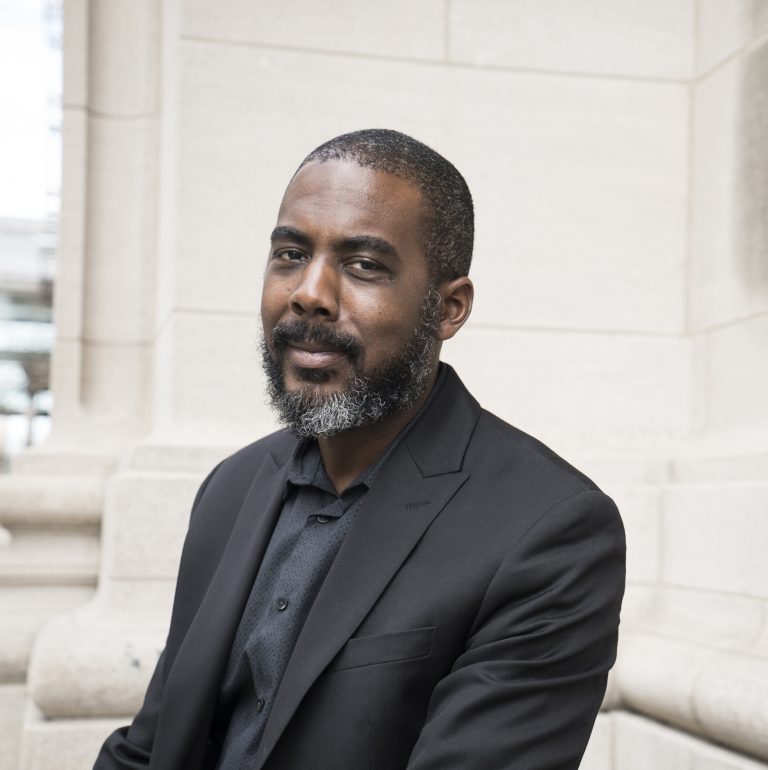“Drugs, Politics, and Pariahs: Or, How to Think Historically About Race and Harm Reduction in an Opioid Epidemic”
Dr. Samuel Kelton Roberts, Jr., is Director of Columbia University’s Institute for Research in African American Studies (IRAAS), Associate Professor of History (School of Arts & Sciences) and Associate Professor of Sociomedical Sciences (Mailman School of Public Health). He writes, teaches, and lectures widely on African-American history, medical and public health history, urban history, issues of policing and criminal justice, and the history of social movements. His book, Infectious Fear: Politics, Disease, and the Health Effects of Segregation (UNC Press, 2009), demonstrates the historical and continuing links between legal and de facto segregation and poor health outcomes. In 2013-14, Dr. Roberts served as the Policy Director of Columbia University’s Justice Initiative, where he coordinated the efforts of several partners to bring attention to the issue of aging and the growing incarcerated elderly population. This work led to the publication of the widely-read landmark report, Aging in Prison Reducing Elder Incarceration and Promoting Public Safety (New York: Columbia University Center for Justice. November 2015).
Dr. Roberts currently is researching a book project on the history of drug addiction policy and politics from the 1950s to the present, a period which encompasses the various heroin epidemics between the 1950s and the 1980s, therapeutic communities, radical recovery movements, methadone maintenance treatment, and harm reduction approaches.
Dr. Roberts tweets from @SamuelKRoberts.


